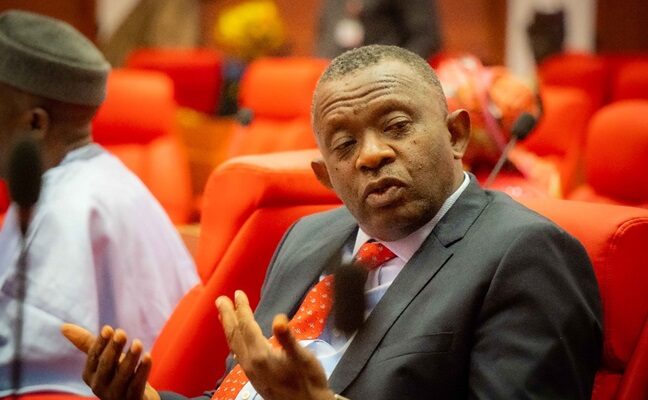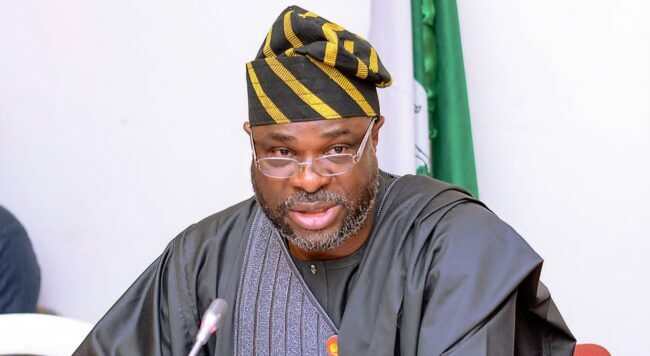“Cars Parked at Owner’s Risk” is a common term across public spaces and businesses in Nigeria; this sign is just a warning that the particular business or property owner is waving away the responsibility of securing your car with just that simple sign. The question is, how valid are these disclaimers in the Nigerian Law?
A disclaimer is a statement that tries to limit a person’s or businesses legal responsibility for something that could go wrong. And the sign “Cars Parked at Owner’s Risk” sign is a clear disclaimer that tries to exclude the owner of the car park from liability if your car gets stolen or damaged; it is typically used by businesses to shield themselves from potential claims by customers or visitors. This is what can be termed an exclusion of liability clause in legal terms. In law, however, it is not that simple. Just because there’s a sign doesn’t mean the business is off the hook.
Can a simple sign really make a business not liable? In Nigerian law, an exclusion of liability clause can be effective if it meets certain conditions. So, just putting up a sign isn’t enough under law; there are rules businesses must follow to ensure their disclaimer holds water.
These are some of the criteria provided by law: Reasonable notice of the disclaimer, that is, for any exclusion of liability to be valid, the business, occupier or car park operator must give you reasonable notice before you park your car. In legal terms, this means the disclaimer must be made known to you clearly and early enough for you to make an informed decision about whether you want to park your car there. If you only see the sign after you’ve already parked, the business may not be able to rely on it to avoid liability.
Disclaimer must be clear and unambiguous: The courts expect disclaimers to be clear and easy to understand. If the language used in the exclusion clause is vague or confusing, it might not hold up. If the disclaimer isn’t clear, a court may rule that it’s not valid.
Disclaimers cannot exclude liability for gross negligence: If the disclaimer is clear and visible, businesses can’t use it to escape responsibility for gross negligence. Gross negligence means the business failed to take basic, reasonable steps to protect your property. For example, if a car park is in a poorly lit, insecure area, with no security measures like cameras or guards, and your car is stolen, a court may decide that the car park owner was grossly negligent and can’t rely on the disclaimer to avoid liability.
Nigerian law doesn’t automatically enforce exclusion of liability clause, particularly when it comes to consumer protection. The courts apply a reasonableness test to these disclaimers, meaning they will consider the specific circumstances to decide if the disclaimer is fair and just in the situation.
In Nigeria, consumers are further protected by the Federal Competition and Consumer Protection Act (FCCPA), which ensures that businesses can’t simply push all responsibility onto consumers without taking reasonable steps to provide safety. The law balances the power between businesses and consumers, so businesses can’t always rely on disclaimers to avoid responsibility.
The Nigerian law doesn’t allow businesses to escape responsibility that easily; the law still expects businesses to protect their customers and act reasonably. If they fail to do so, the courts can invalidate the exclusion of liability and hold them responsible.
READ ALSO: Utilising insurance services during festive periods

 12 hours ago
7
12 hours ago
7













